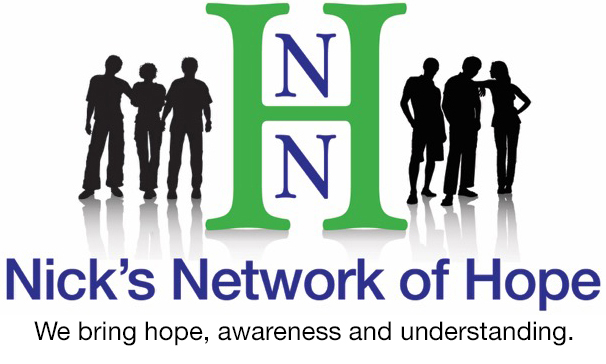Our corresponding Learn Page on this topic defines High-Functioning Spectrum Disorder (ASD), formerly known as Asperger’s*** and provides the seven most common characteristics. Below, we offer some things to consider and a few ways to get help after diagnosis.
High-functioning Spectrum Disorder (Asperger’s ) is just that—high-functioning. Because milder autism traits are involved, day to day support is often not needed compared to other categories of autism with more severe traits. Many times, even treatment is not “necessary,” but can still improve one’s quality of life. Why? Although milder autism traits are involved, this group’s social struggles are real and can be very intense. (See our High-functioning Spectrum Disorder (Asperger’s) Learn Page to learn more these social struggles.)
Therapists can help teach Aspies ways to interpret social cues and give tips on fitting into social groups. They can help Aspies determine if, when, and how they could communicate to others that they have this disorder, which may prove very valuable in certain social situations. They can also give tips for beginning and ending conversations. Therapy can help an Aspie see the positive aspects of Asperger’s, such as having laser sharp focus on topics of interest and point to all the successful individuals throughout history who have navigated life with Asperger’s. An Asperger’s individual can learn ways to ease any social anxiety and how to cope with feelings of isolation and loneliness.
If you have Asperger’s Syndrome (now referred to as Autism Spectrum Disorder or ASD), focus on developing social skills, learning coping mechanisms, and finding structured environments that suit your needs, while also exploring your interests and strengths.
Here’s a more detailed breakdown of what can help:
1. Understanding and Acceptance:
Learn about Asperger’s: Understanding your specific needs and challenges can help you develop strategies for managing them. Aspies may have difficulties in some areas, such as reading social cues; however, they often have far advanced intellectual abilities.
Self-advocacy:Learn to communicate your needs and preferences effectively. You may even feel comfortable telling people that you have Asperger’s so they can help you read social cues -or- cut you a little slack when your social responses may not quite match a given situation.
Embrace your strengths:Focus on your unique talents and interests. You have them. Think of all the great people in history who have had Asperger’s, such as Albert Einstein, Bill Gates, Tim Burton, Anthony Hopkins, Isaac Newton, Charles Darwin, Dan Aykroyd, and Bobby Fischer, to name a few.
2. Social Skills and Communication:
Social skills training: Seek out programs that can help you learn social cues, communication skills, and how to navigate social situations.
(Many people with Asperger’s do not need therapeutic support. However, if you feel you may benefit, the following therapies can be helpful.)
3. Structure and Routine:
4. Emotional Regulation:
5. Vocational Support:
6. Additional Tips:
Communicate your needs: Don’t be afraid to ask for clarification or assistance when needed.
Practice self-care: Engage in activities that you enjoy and that help you relax and recharge.
Seek professional help: If you are struggling with Asperger’s, don’t hesitate to seek professional help from therapists, counselors, or other specialists.
Find support groups: Connecting with others who have Asperger’s can be incredibly helpful.
Focus on your strengths: Asperger’s can present unique challenges, but it also comes with unique strengths. Focus on your strengths and interests to build confidence and self-esteem.
Autism/ Asperger’s Articles
High-functioning Adult Autism Treatment and Support
Communication Differences Among Autistic People
Autism in Adults: Challenges and Strategies for Adults with Autism Spectrum Disorder
Autism/ Asperger’s Apps
Think Autism – designed for children ages 8-13 and offers resources to all 50 states. This app is also for parents, educators, and medical professionals.
Action for Asperger’s – offers newsfeeds and a grounding app providing resources to manage anxiety.
Asperger Expert – this app is created and run by people on the autism spectrum, provides articles, videos, and community support. Learn best practices and mistakes to avoid directly from those who have been there.
HabitRPG – habit building and productivity app. Collect points for completing good habits and avoiding bad habits.
Routinely – establish, track, understand, and be more mindful of your daily routine. Set goals and track completion.
Todoist – Acts as a checklist, organizer, calendar, reminder, and habit forming app.
**Asperger’s was a stand alone diagnosis until 2013. However, it is now considered to be one of three levels of autism—specifically, the highest functioning level of the autism spectrum. It has been referred as: high-functioning spectrum disorder (ASD), autism with low support needs, and Level 1 autism diagnosis with milder autism traits. To avoid confusion, many clinicians still refer to people who are on the high-functioning end of the autism spectrum as having Asperger’s. We do the same on this page and accompanying Learn page.
